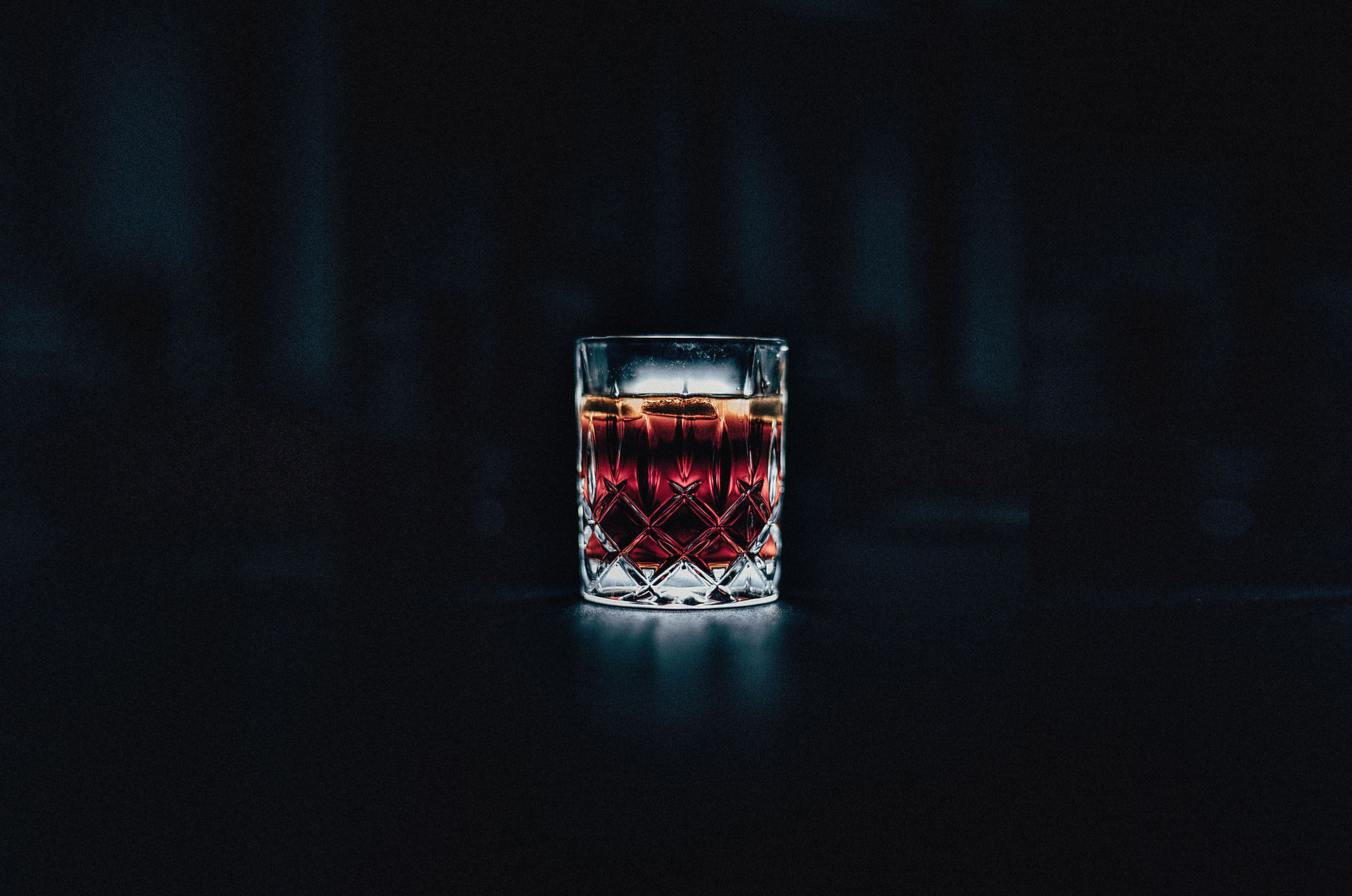Utilizing Your 5 Senses
- sujonodamario

- Jul 19, 2021
- 3 min read
When it comes to studying, we all know there are a ton of tips and tricks out there. Do not stick to one topic; instead, study a bunch of different material in one sitting. Quiz yourself. Take regular breaks. Studying and exam preparation can be stressful, and it is easy to focus on what you need to do mentally to be ready. We do not work in a vacuum. Our environment feeds into the work we produce.
So how can you use all five senses to stimulate and maximize your creativity and focus?
The sight might have the greatest impact on your state of mind while you are working. What your eyes take in around you will affect your creativity and focus. Our brain is largely an image processor. In fact, 90% of information transmitted to the brain is visual and creates visual memory. However, as we all spend more and more time on screens, we are starting to strain our eyes. For our eyes to help us retrieve and retain information, we need to take breaks.
To help minimize straining your eyes, especially when studying on screens, consider applying the 20- 20-20 rule. Take a 20-second break from your screen every 20 minutes, during that time, focus on an object 20 feet away. This allows your eye muscles to relax before you return to your screen.
Next time you paint your walls, remember that blue is the most productive color. Blue color stimulates a high work performance, which can keep you plugging along for long periods of time. Blue provides a calming and soothing effect, which helps to improve the mind too.
The sense of smell is closely linked with memory. In fact, this sense may be the most powerful of all for memory. Have you ever smelled fresh baked cookies and felt instantly transported back to your childhood? Or has the smell of a certain perfume or cologne suddenly reminded you of an old high school memory? Certain scents have an exceptional ability to instantaneously trigger vivid memories.
When it comes to studying, we can use smell memory to our advantage. For example, if you spray an unfamiliar scent while studying and then spray it again right before your exam, you will trigger your memory of the material you previously studied. This can also be done by wearing a bit of perfume, cologne, or essential oil while studying and again when taking your exam.
And if you are feeling stressed, you can always consider using a calming scent like lavender to help you relax, as well as recall information. Lemon helps increase concentration and boosts your energy. It can also reduce stress and improve moods without lowering energy and alertness. Put purchasing a lemon air freshener on your to-do list!
Like the smell, we have a strong connection between taste and memories. Same as smell, we can still apply the taste-memory connection to studying. For example, if you chew an unfamiliar, flavored gum while studying and then chewing it during (or just before) the exam, the flavor and texture have the potential to trigger memories from studying.
What we hear triggers our working memory, the system for temporarily storing and managing the information required to carry out complex cognitive tasks such as learning, reasoning, and comprehension. This is also known as echoic memory. This has led to tons of research such as the “Mozart Effect” around the value (or lack of value) of listening to music while studying. If you are finding yourself stressed and anxious while preparing for your exam, you may want to try listening to rap or hip-hop music.
According to several recent studies by Cambridge University, hip-hop music creates an uplifting effect on listeners allowing them to accept, manage, and better deal with stress and anxiety. A strong correlation exists between our sense of touch and our ability to focus. Minimal concentration fidgeting such as playing with a sensory gadget, smushing a stress ball, or doodling on a piece of paper can positively impact our ability to concentrate and perform.
This type of touch learning triggers haptic memory. If you need a little help focusing, consider carrying a stone, clay mold, stress ball, or sensory gadget that can be rubbed or manipulated while studying.




Comments